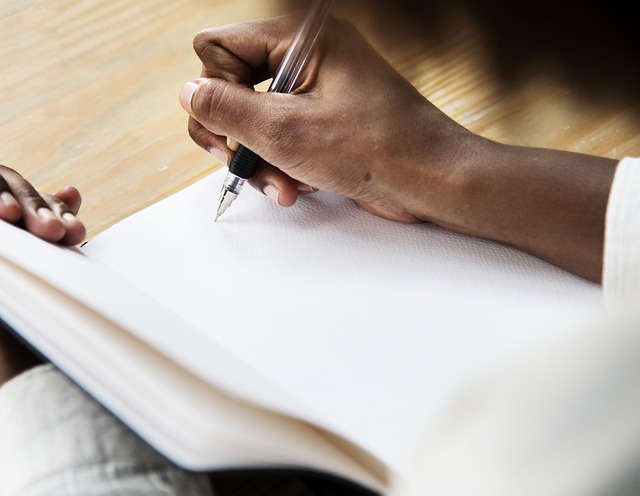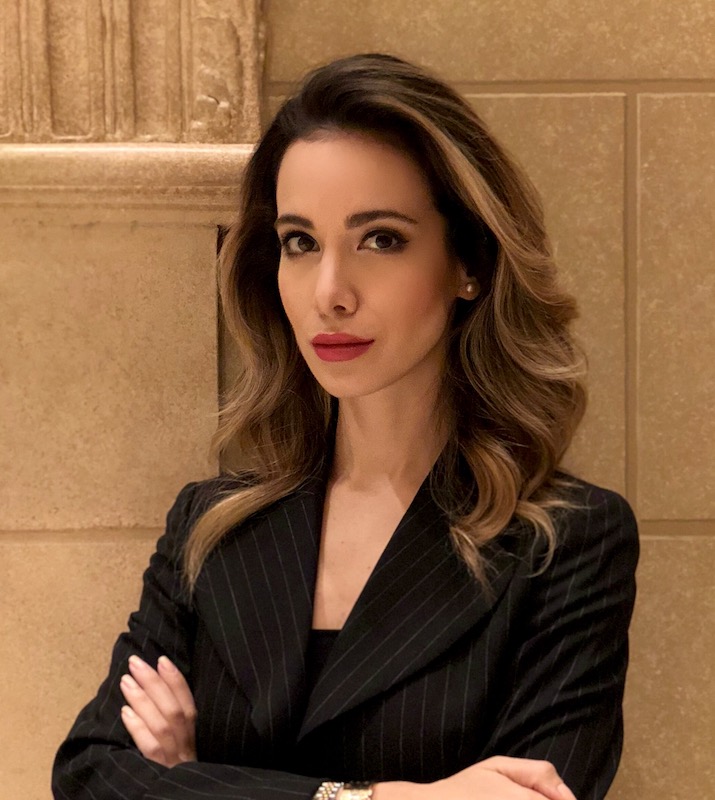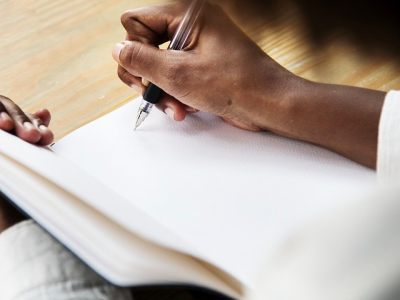Article by Tara Kangarlou
 Living between two estranged worlds, I soon developed an innate curiosity to learn, to engage, and to find commonalities and mutual links between my place of birth – Iran – and my new home in the United States.
Living between two estranged worlds, I soon developed an innate curiosity to learn, to engage, and to find commonalities and mutual links between my place of birth – Iran – and my new home in the United States.
I spent my youth and most of my teenage years in Tehran and found adjusting into my new life in the US more daunting than imagined. Far from my innocent childhood – my love for Disneyland, Barbie dolls and later Britney and Backstreet Boys – there was a new found urgency to fit in, to explain my past and to validate my identity. Being an immigrant forced me into a state of constant “explanation”, and “repeat” of my “story” – a story that while not that special or mysterious, was an unknown to those in the “west”. It was a story that in ways a prerequisite to any potential friendships, college admissions, or job opportunities — at least until I was able to found my voice.
It is out of my own personal journey as an Iranian-American that I was deeply pulled toward storytelling — the ability to build a bridge between the “known” and the “unknown”; between the “stereotypes” and the “truth”; between the “dark and rouge Islamic Republic” and the “ colorful and hospitable people of Iran”. It was through my own desperate need to belong that I uncovered the power of stories, the power of its impact, and the power of it not being “told”.
While I was always a somewhat talented child when it came to the arts – whether be dancing, playing the piano, painting, and writing – it wasn’t until my undergraduate years at UCLA where I recognized the power of the media in the west and the plausible impact that storytellers, authors, and journalists can have as professionals on their immediate communities, but also others around the world.
It is during those years that I discovered my motto: that if you don’t tell your story, someone else will tell your story for you; and that may not be a story that you would like, nor one that is accurate.
I can comfortably say that I would still choose this field if I could ever get a “redo”. Writing, reporting, speaking truth to power, and using your voice and platform to be an agent of change — all through facts and research. Journalism is an invaluable craft that can make a tangible difference for one person all the way to an entire country, and the world.
Being a reporter is a privilege. It’s a form of public service – a craft that unfortunately, in most cases, has been manipulated by the business models required to make it run – but still remains a vital lifeline, unabashed by its follies and recognized for its force.
I have worked tirelessly to find a place in some of the world’s top news organizations and worked even harder to cover some of the most pressing stories our time while reporting from some of the most challenging places in the world. I have covered mass shootings in the United Sates and plane crashes that still remain a mystery to this day; I have written on the mass exodus of war-torn Iraqi families fleeing ISIS brutalities, to the plight of mothers and children who fled ethnic cleansing in Myanmar. I have met young Syrian children who witnessed their homes crumble before their eyes and Afghan girls who were robbed from their fundamental human right to belong; I have covered the ruthless politics that dominate the negotiations of a nuclear deal and the innocent lives of ordinary Iranians who can’t get access to urgent medical care as a result of international sanctions and domestic corruption. In all these stories, I found, that despite the tragedy and tumult, one can still spot a glimmer of hope — a bright dot that solely emerges out of the unexplainable “resilience” of human beings, and our ability to imagine, to keep faith, and to fight.
These days, I’m grateful to be able to focus on that “hope” and the humanity that binds people to one another from all different walks of life. There are universal values of love, kindness, and empathy that know no border or wall; there are universal desires to survive, to dream, and to thrive that can emerge in the darkest hours. All of these are elements that I look for in my storytelling and writing.
Even in my humanitarian efforts, when I launched Art of Hope, I decided to focus on the “invisible wounds” that if healed can help children and adults continue their fight and their inherent desire to find “hope”.
As I celebrate the release of my forthcoming book “The Heartbeat of Iran” that is the result of nearly four years of reporting, writing, and research, I’m excited to embark on the next opportunity — whatever that may be. Whether it’ll be starting my own show or writing my next book, I will continue to use my craft to highlight stories that can bridge divides, connect barriers, and bring people closer to one another—people otherwise may have not ever known of each other’s story. For it is only through “understanding” and “knowing” that we can develop empathy, toward ourselves and others.
 About the author
About the author
Tara Kangarlou, based in London is an award-winning journalist who has produced, written, and reported for NBC-LA, CNN, CNN International, and Al Jazeera America, as well as digital news outlets such as Al Monitor, Vanity Fair, TIME, and The Huffington Post. Tara is the author of The Heart Beat of Iran and is founder of Art Of Hope.
If you are a job seeker or someone looking to boost their career, then WeAreTheCity has thousands of free career-related articles. From interview tips, CV advice to training and working from home, you can find all our career advice articles here.








